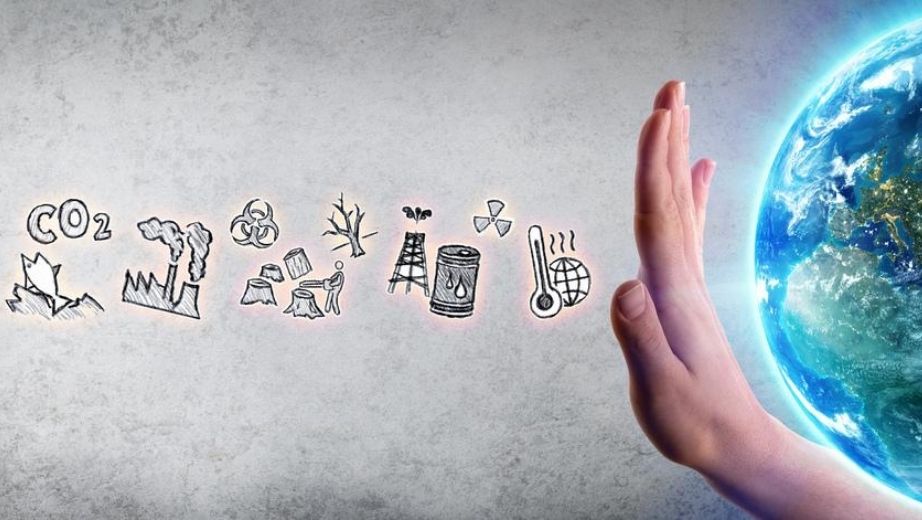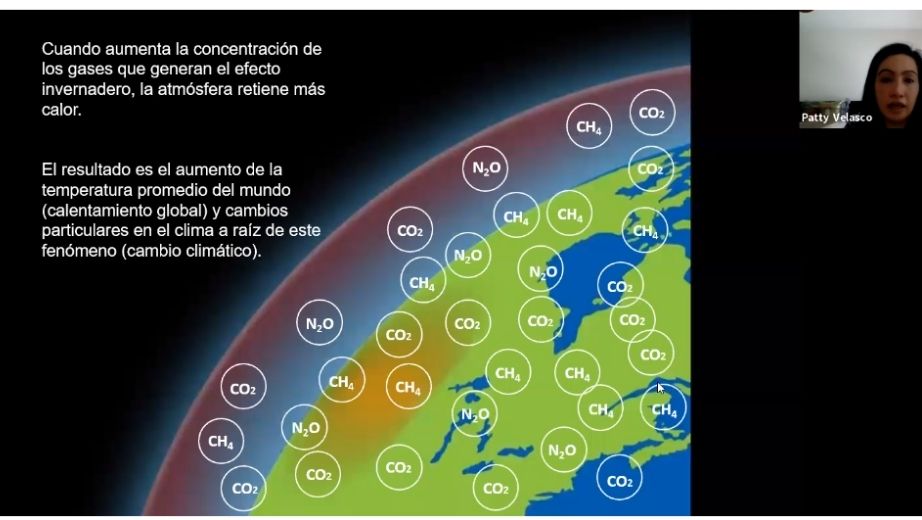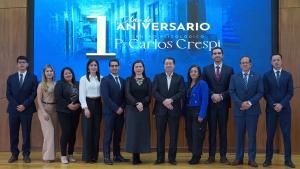The consequences of climate change
The consequences of climate change

The environmental engineering undergraduate program in our branch campus in Guayaquil held the webinar titled "Climate change and its impact in Ecuador". The aim of the webinar was to create awareness on the effects of pollution and what we can do to stop it.
During the talk, participants learned about the conceptual aspects of climate change, the figures of the problem, and recognized the opportunities to participate in research issues in the community. In addition, they presented information about access to financing programs from the United Nations fund and questions regarding the strategies carried out by the countries of the region in order to comply with the Paris Agreement.
"Climate change is the greatest challenge of our time and now we are at a decisive moment to do something about it," said Virgilio Ordoñez, professor and organizer of the webinar.
Patricia Velasco, representative of the Latin American Future Foundation and speaker, stated that there is a considerable increase in the concentration of gases that generate the greenhouse effect, directly damaging various elements such as the atmosphere, hydrosphere, and others. "This causes there to be variation in the climatic system and that the global temperature increases", she stated.
For Velasco, anthropogenic emissions of Greenhouse Gases (GHG) have increased considerably since the pre-industrial period as a consequence of economic and population growth.
The Paris Agreement, signed in 2015, makes it mandatory for all countries to propose actions that reduce global emissions by at least 50% by 2050. According to current studies, the planet has gotten warmer on average 0.85 °C in recent years, generating great changes in ecosystems. In the case of Ecuador, the sector that emits the most GHG is energy.
The environmental consequences in Latin America are not the exception, according to the expert the results can be seen in the retreat of the Andean glaciers, changes in the extreme flows of the Amazon River, forest fires. In addition, he spoke about the increase in coral bleaching in the western Caribbean, among others.
"Ecuador has been progressing little by little in the investigation of this issue, we can still do a lot more, but we already have scientific evidence on climate change, for example the average temperature has increased, the glaciers have reduced considerably in recent years," said Velasco.
Some recommendations were the use of renewable energies, practice of more efficient actions. "We will continue having these consequences until we change our mindset, we are the ones responsible for what is happening to our planet", said Carmen Palacios, director of the environmental engineering undergraduate program in Guayaquil.






Follow us
Follow us